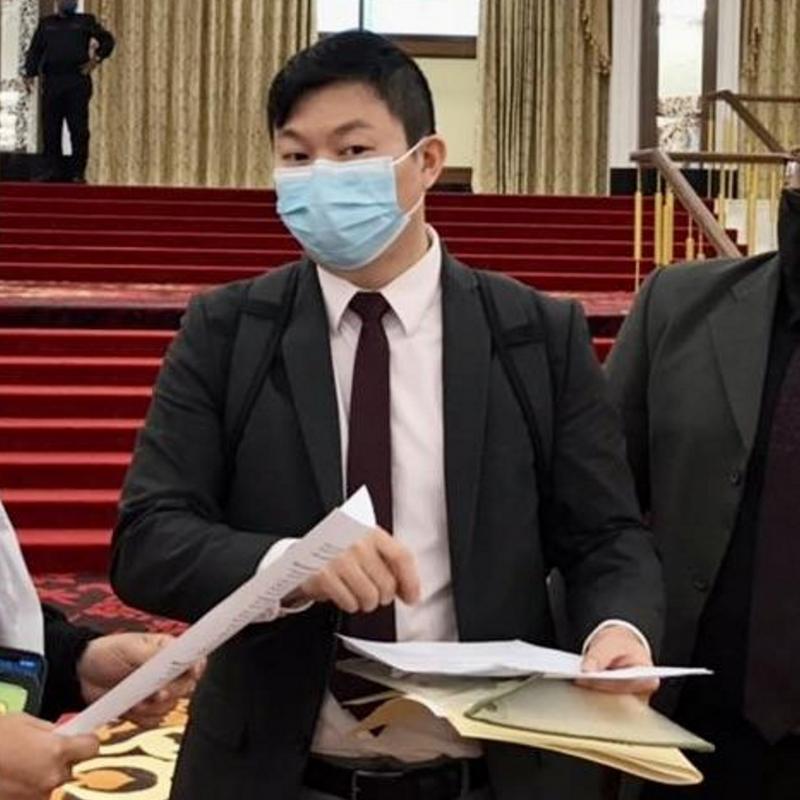Breadcrumb
Yu Ren Chung joined the Master of Public Policy (MPP) in 2015, having spent his career so far working as a public policy advocate at Women’s Aid Organisation in Malaysia, an NGO providing crisis services for women at risk of violence.
“After working for several years in this organisation, I began to realise that no single NGO can reach the thousands of people who are in need of help. You need good policies. As a recent graduate with limited policy expertise, I found myself working on very high-level advocacy work in gender-based violence. I really felt that I owed it to the important work I was doing to develop my understanding of policy.”
Ren chose the MPP because he felt he’d gain useful and transferrable skills from a multi-disciplinary course with a focus on deeply applied learning. The School’s global mission to use rigorous research to have a real impact and improve people’s lives across the world also resonated strongly with Ren’s own values.
“I had an overwhelmingly positive experience at the School. I knew going into the MPP that I wanted to end the year with a better idea of how policy is made in order to function better within that space. Going through the course made me realise just how much of what we learned could be applied to other situations, and how we were developing undeniably transferrable skills.”
Ren undertook his summer project at Kivu International, an international development consultancy where he worked on strategies for operating in Southern African and South Asian countries by analysing policy landscapes, identifying and understanding public policy priorities.
Since finishing the MPP, Ren has returned to Women’s Aid Organisation where he is now Deputy Executive Director and Advocacy Director. Among the projects he has undertaken in recent years is setting up a coalition of NGOs and researchers reviewing government budgets, modelled after a similar coalition in the UK.
“When I returned to Women’s Aid Organisation, I realised we had never undertaken a systemic review of the national budget. The budget has huge implications for policy as billions of dollars are allocated. I was able to take a leading role in this as the MPP gave me the understanding of how to work with policymakers, as well as specialist knowledge around public budgeting.”
For the past three years, the coalition has tried to ensure that the government budget is inclusive and that adequate spending is allocated to gender-based violence services and other policies addressing the needs of vulnerable sections of society.
The organisation has also taken on enacting paternity leave into law as one of their main campaigns so more women are able to return to the workforce and share caregiving responsibilities. However, the combination of three changes in government since 2017 and the COVID-19 pandemic have made advocating for this policy more complex. Despite these challenges, their resilience was recently rewarded when the Malaysian parliament passed a new employment law that included a legal requirement for employers to offer seven days of paternity leave, a figure they hope to improve upon through future campaigning.
With the role of research and evidence in informing policymaking becoming increasingly important, Ren now oversees the organisation’s research unit. He has also been accepted to the first class of the Blavatnik School of Government’s MSc in Public Policy Research, which he will begin in September 2022. Among the topics he is hoping to explore during the course is how to build better childcare policies, as there is fairly limited existing research into the topic in Malaysia.
June 2022.

